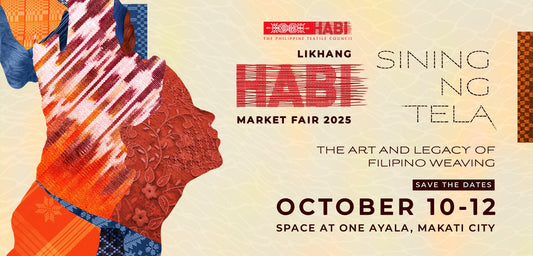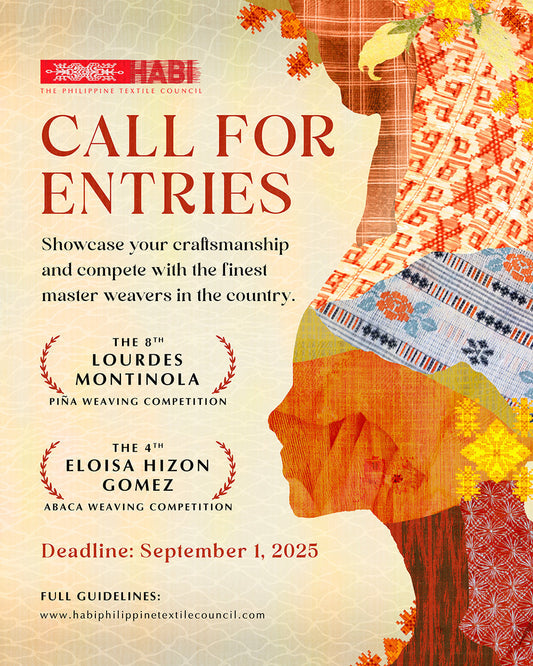
In the highlands of the Cordillera, where weaving remains a way of life, a quiet but powerful stand is being taken to protect tradition.
The Sangguniang Panlalawigan (SP) of Mountain Province has passed Provincial Ordinance No. 573, a groundbreaking legislation that bans the manufacture, sale, and distribution of machine-made reproduction of indigenous woven textiles and products within the province.

Signed into law on June 2, 2025, by Governor Bonifacio C. Lacwasan, Jr., the ordinance is more than a regulatory measure. It is a declaration. A defense of culture against commodification. A fight for survival, dignity, and authenticity in the face of mass production.
“Indigenous weaving is not just fabric. It is memory, identity, and resistance woven into thread,” the ordinance boldly states. And in the Mountain Province, known as the Weaver’s Paradise, those threads are sacred.

According to the National Commission for Culture and the Arts, over 30 traditional weaving patterns and techniques in the Cordillera are now at risk of fading away, threatened by a lack of successors and the growing presence of counterfeit, mass-produced imitations.

For generations, the Cordillera’s weaves are rich and have been the living expressions of its people — each color, pattern, shape and thread telling stories of ancestry, community, and deep ties to the natural world. Passed down mostly by women, weaving has long been both an act of cultural preservation, identity, and a vital source of livelihood.

But in recent years, this heritage has come under siege. Both online and physical shops have seen a surge in machine-made garments replicating indigenous Cordilleran designs through digital or screen printing. They may look authentic to the untrained eye, but they are not made by hand, nor made by the communities whose stories they claim to tell.
Cheaper and easier to produce, machine-made imitations undercut the painstaking labor of local weavers. Worse, they dilute the very meaning behind the designs, stripping them of cultural context and reducing them to mere fashion statements.
The Ordinance in Action
Under Ordinance No. 573, all businesses operating within Mountain Province—souvenir shops, department stores, garment outlets, and online sellers—are now prohibited from selling machine-made textiles that imitate traditional weaves.
The ordinance draws a clear line:
-
Indigenous weaving is defined as manual textile production using handlooms and traditional techniques.
-
Machine-made replicas include any garments or fabrics mass-produced using industrial methods like sublimation, screen printing, or digital reproduction.
Penalties escalate with repeated offenses:
-
First offense: Reprimand and a written explanation
-
Second: Confiscation of machine-made items
-
Third and subsequent: Confiscation and cancellation of business permits
A Model for Cultural Integrity

The ordinance is one of the first of its kind in the Cordillera, and possibly the nation, and it could set a precedent for other provinces grappling with similar challenges. Advocates say this local legislation offers a blueprint for preserving cultural identity while empowering Indigenous communities.
This is a bold and necessary move as it puts power back in the hands of the people who own the culture, not those who profit from it. Cultural advocates, indigenous artists, and national agencies, such as the National Commission on Indigenous Peoples (NCIP), pushing for the Cultural Property Rights Act have all welcomed the move as a vital step toward protecting heritage.
The people of Mountain Province are sending a message: Cultural preservation cannot be achieved by machines. It lives in the hands that weave with patience and pride, in the quiet hours spent in ancestral homes turning thread into meaning.
As the province implements this ordinance, the message is clear:
Buy real. Buy from weavers. Not copies.
Say no to sublimation and alternative inabels.
Say yes to cultural integrity.
Because in the end, who else can tell our story better than us?




